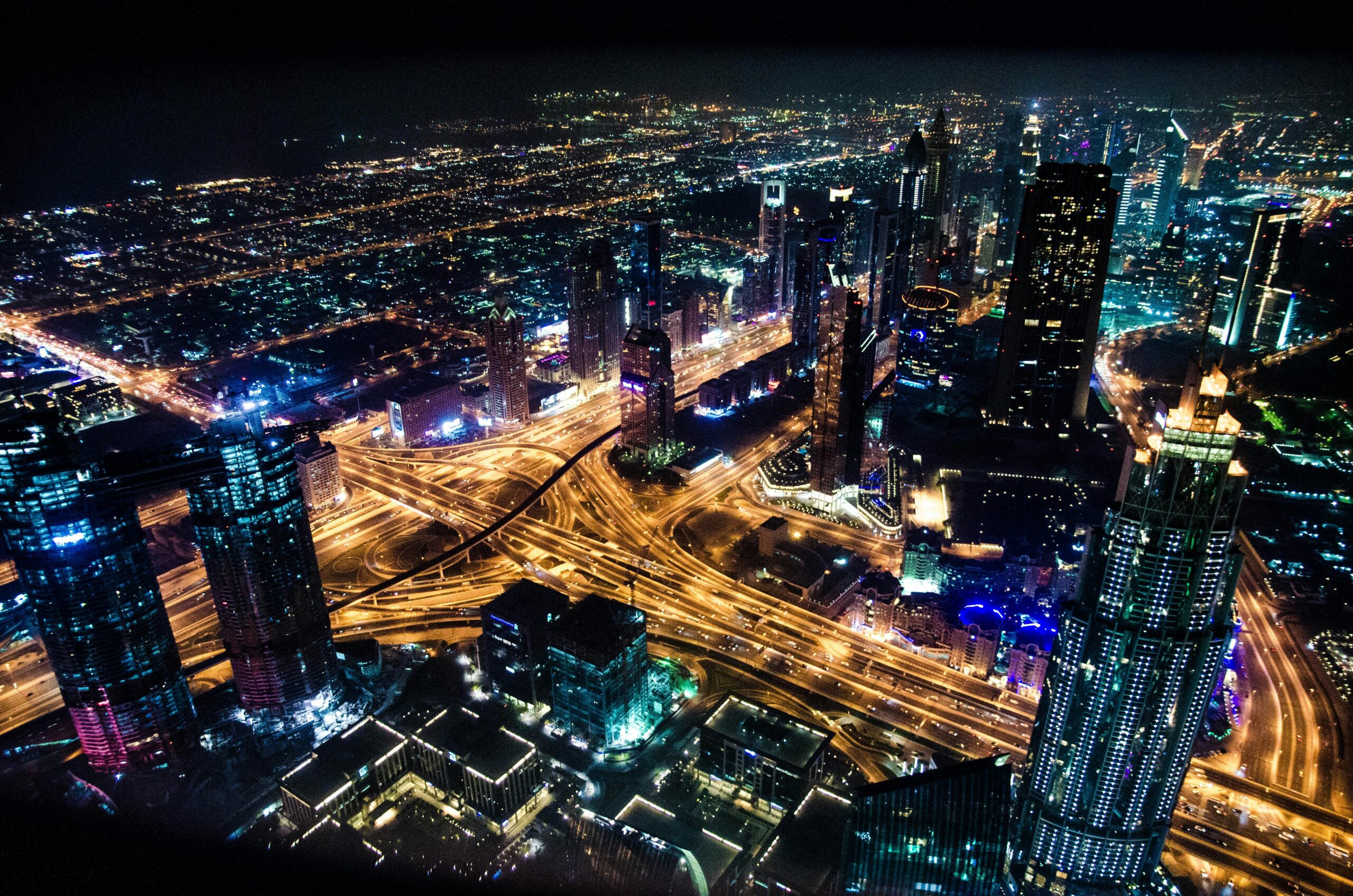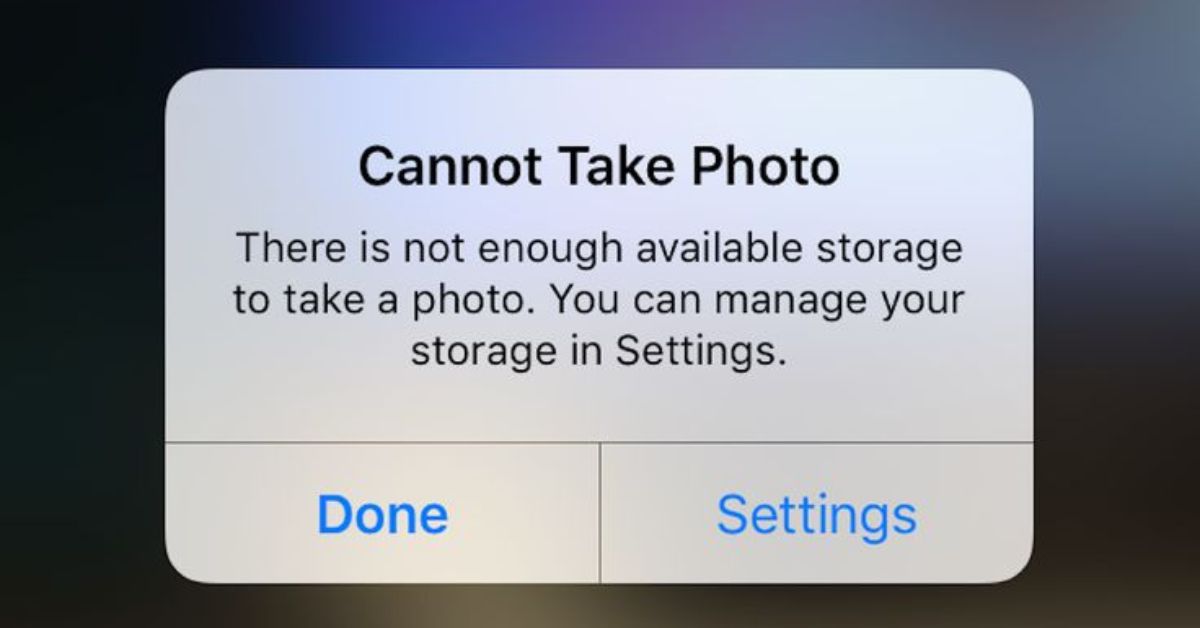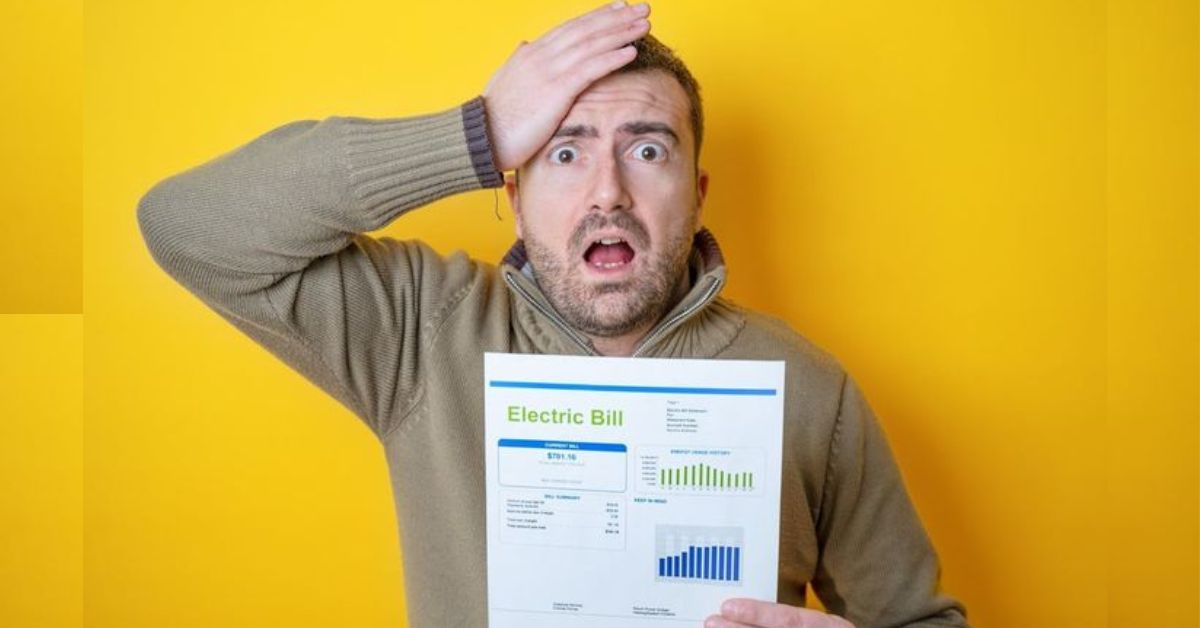Cities in 2025 aren’t just concrete jungles they’re getting smarter, using tech to make life easier and greener. At NQTV365, we’ve watched these changes unfold to bring you the scoop on how smart cities are reshaping your daily grind. From AI cutting traffic jams to grids saving energy, these innovations are making urban life smoother and more sustainable. Whether you’re stuck in a commute or paying utility bills, smart cities are starting to solve real problems. This article dives into how these tech-driven cities work, what they’re doing for you, and what to watch out for. No sci-fi fluff just the real ways smart cities are changing how we live. Let’s check out what’s happening and how it’s making your city better
Traffic Gets a Tech Makeover
Smart cities in 2025 are tackling traffic like never before. Cities like Singapore use AI and sensors to manage flow, cutting commute times by 20%. In the U.S., some cities are testing drones to spot accidents early, clearing roads faster. Real-time data reroutes drivers around jams, saving hours each week.
For you, this means less time stuck in traffic and more with family or hobbies. If your city’s using smart traffic tech, check apps for live updates they’re a lifesaver. The downside? Sensors track movements, which can feel invasive. Push for clear data policies to protect your privacy. Smarter roads are making commutes less of a headache, so lean into the change.
Energy Grids Save Money and the Planet
Smart grids are a big deal in 2025, adjusting power use in real-time. They detect outages fast and shift energy to where it’s needed, cutting bills by up to 15% for some homes. Solar and wind integration is smoother, reducing fossil fuel reliance.
For you, this could mean cheaper electricity and fewer blackouts. If your city’s upgrading its grid, ask your utility about discounts for smart meters. The catch is the cost grid upgrades can raise taxes short-term. Still, supporting green energy policies means long-term savings and a healthier planet.
Waste and Water Get Smarter
Smart cities are cleaning up in 2025. Sensors on trash bins signal when they’re full, cutting pickup costs by 10%. Water systems use AI to detect leaks, saving millions of gallons. Some cities are recycling 30% more thanks to smart sorting tech.
This means cleaner streets and lower water bills for you. Check if your city offers recycling incentives—it’s an easy win. Privacy concerns pop up with tracking sensors, so demand transparency on data use. Smarter systems make cities nicer to live in, so get involved.
Safety and Services Level Up
AI is boosting city safety in 2025. Cameras and sensors predict crime hotspots, helping police focus patrols. Emergency response times are down 15% in some areas. Apps also connect you to city services, like reporting potholes, in seconds.
For you, this means safer streets and faster fixes for local issues. Use city apps to stay in the loop, but ensure they’re secure to avoid data leaks. Smarter services make life easier, so embrace them while staying vigilant.
Conclusion
Smart cities in 2025 are making urban life smoother, greener, and safer with AI, sensors, and smart grids. NQTV365’s look at traffic, energy, waste, and safety shows how these changes save you time and money. Get involved with local tech initiatives, but push for privacy protections. Visit NQTV365 for more on how tech’s reshaping cities.
Author
-

Connor Walsh is a passionate tech analyst with a sharp eye for emerging technologies, AI developments, and gadget innovation. With over a decade of hands-on experience in the tech industry, Connor blends technical knowledge with an engaging writing style to decode the digital world for everyday readers. When he’s not testing the latest apps or reviewing smart devices, he’s exploring the future of tech with bold predictions and honest insights.







